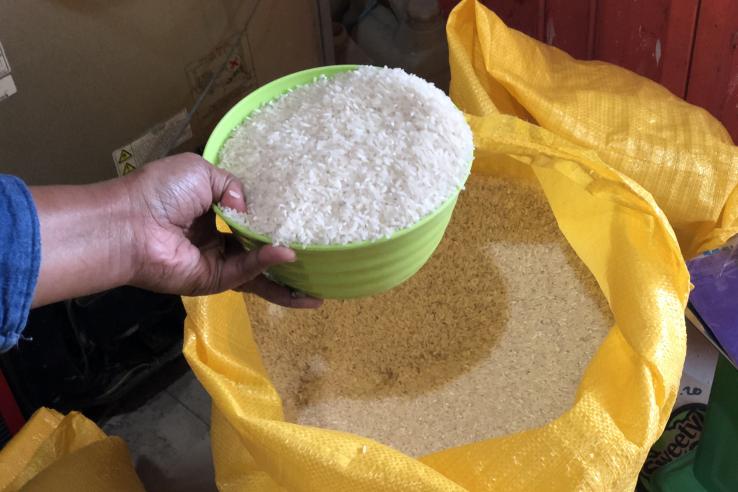Tying assets to determine eligibility of the poor: Findings from a randomized evaluation in Indonesia
Partners:

Evidence has shown that targeted anti-poverty programs offer significant improvement towards household consumption, as well as health and education outcomes for children1. To determine eligibility of beneficiaries in receiving the programs, governments conduct tests to measure asset ownership of households or is commonly known as proxy-means test (PMT). Nevertheless, policymakers and academics have questioned as to whether determining eligibility based on assets is the most effective targeting method.
J-PAL affiliated researchers together with TNP2K will present their findings on an evaluation study about methods in targeting the poor in a half-day seminar titled “Tying assets to determine eligibility of the poor: Findings from a randomized evaluation in Indonesia.”
The seminar will feature Prof. Benjamin Olken (Scientific Director, J-PAL SEA; Director, J-PAL) and Dr. Sudarno Sumarto (Senior Advisor TNP2K; Senior Research Fellow SMERU), two of four principal investigators of the study, who will present the findings of this study (paper titled: The (lack of) Distortionary Effects of Proxy-Means Tests: Results from a Nationwide Experiment in Indonesia).
This event has three goals: (1) to present and share the study findings from an evaluation of the impact of PMT carried out through a national census by J-PAL affiliated researchers and TNP2K; (2) to discuss research findings with participants regarding experiences and challenges in implementing effective targeting methods for social protection programs; and (3) to add policy recommendations that can be utilized by policy makers.
To register to this event, please use this online registration form; or contact Alifia Firliani at [email protected].
1Banerjee, Abhijit et.al., The (Lack of) Distortionary Effects of Proxy-Means Tests: Results from a Nationwide Experiment in Indonesia. (NBER, 2018).
